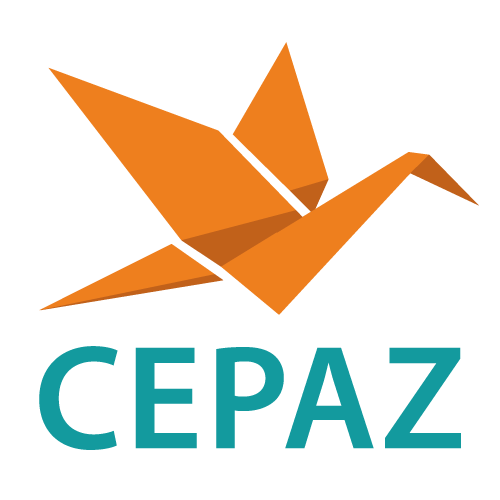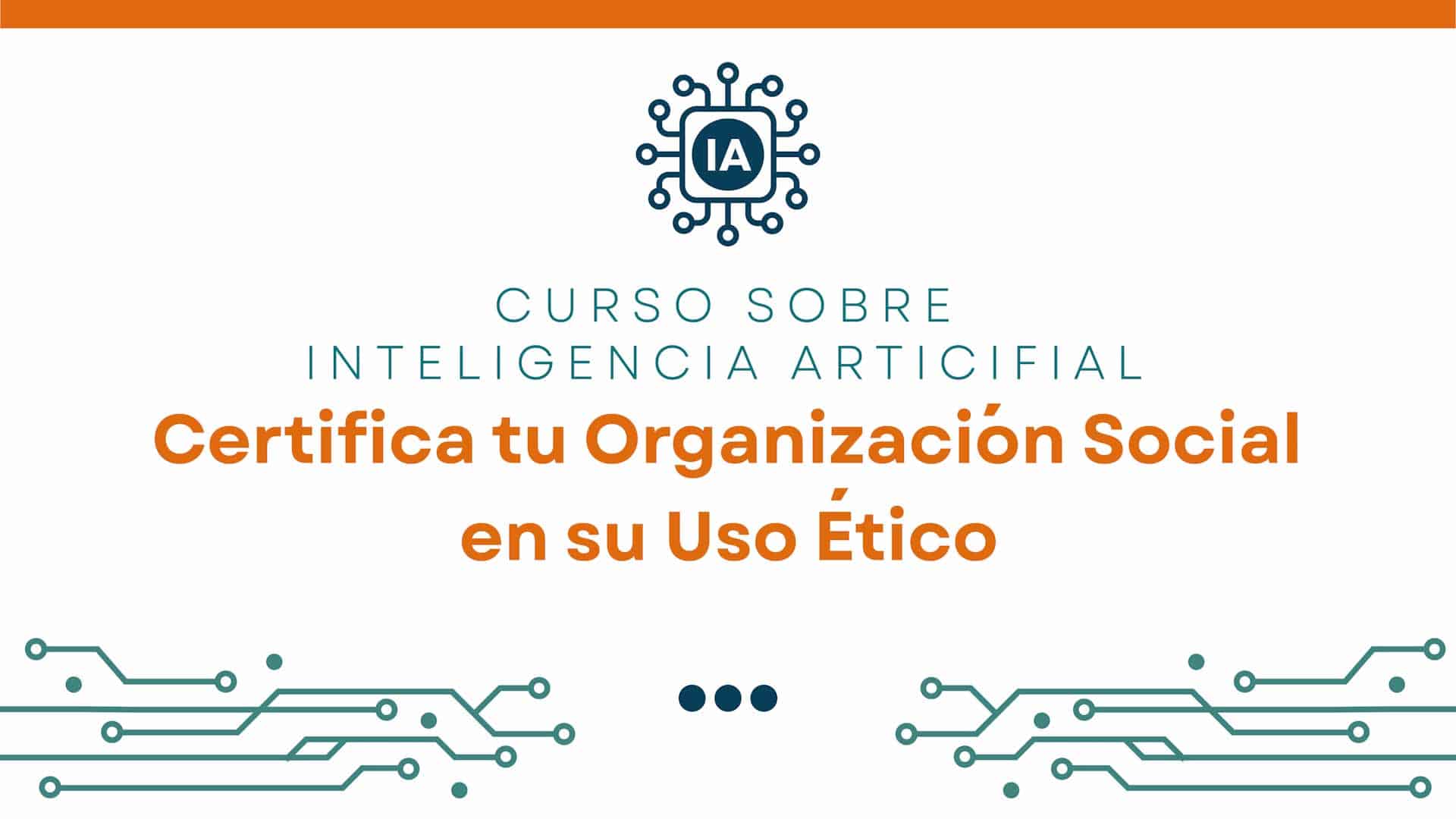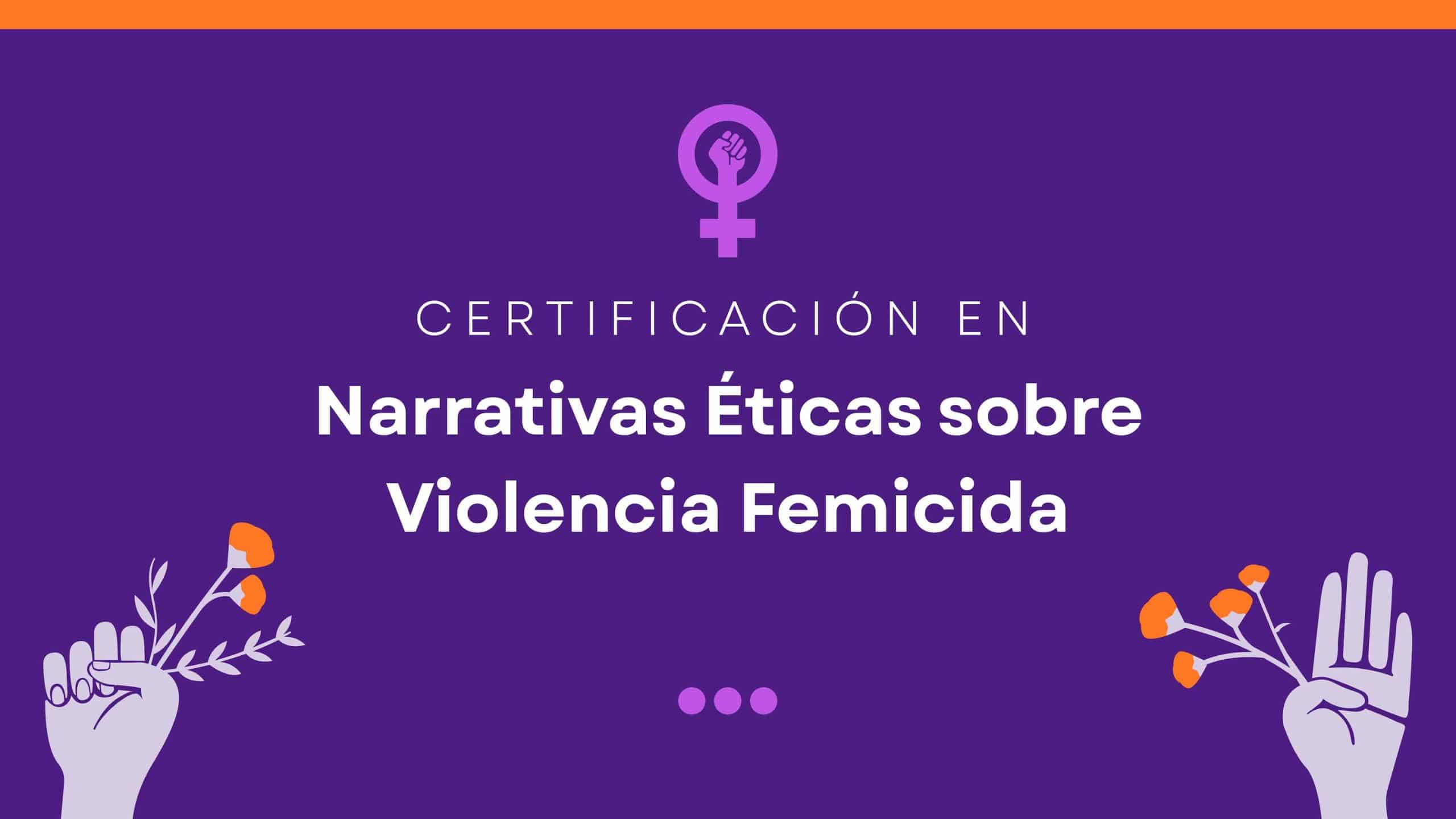The signatory civil society organizations express their rejection of the statements of the Foreign Minister, Jorge Arreaza, in which he criticized the recent statement issued by four Special Procedures on the arbitrary detention of five of the members of the humanitarian NGO Azul Positivo, as a consequence of the legitimate exercise of their right to defend human rights and provide humanitarian assistance to people with HIV and other vulnerable people and communities in the state of Zulia.
On February 18, 2021, the Special Rapporteur on the right to freedom of peaceful assembly and of association; the Special Rapporteur on the promotion and protection of the right to freedom of opinion and expression; the Special Rapporteur on the situation of Human Rights Defenders and the Working Group on discrimination against women and girls, issued a statement in which they asked the Venezuelan State to drop the charges against the members of the organization Azul Positivo, noting that “the arrests and criminal charges are part of a pattern of increasing criminalisation of civil society organisations in Venezuela, which already operate under a repressive set of laws and regulations including the 2017 ‘Law Against Hate’ that restricts the exercise of their right to freedom of peaceful assembly, association and expression, among others.”
This statement by the four special procedures came at a particularly valuable moment since, firstly, it constitutes a duty of the systems for human rights protection to demand that the Venezuelan State unconditionally release the members of Azul Positivo, which has not occurred at the time of publication of this letter. Azul Positivo’s work does not constitute any crime nor can it be presumed that crimes would be committed through the execution of humanitarian programs coordinated by the United Nations in Venezuela. Secondly, this statement responds to the intensification of patterns of criminalization and persecution against civil society organizations and human rights defenders in Venezuela. These patterns have resulted in serious threats of further closure of the civic space and greater distress for the people defending their rights. The number of attacks against civil society actors from 2019 to the present only continues to increase. As a consequence of these patterns, civic space has been further closed, and the population’s free exercise of their economic and social rights, particularly in their access to health, has even affected the work of the United Nations. This is evidenced in the United Nations Office for the Coordination of Humanitarian Affairs’ (OCHA) recent decision to suspend direct assistance programs for people and families in vulnerable situations.
The attacks have been carried out against civil society organizations that defend rights, including the right to protection and humanitarian assistance, further restricting the population’s access to programs, goods, and services that are essential for their life, security, and subsistence, an example of which is the suspension of direct assistance programs for people and families in vulnerable situations coordinated by the Humanitarian Country Team in Venezuela.
The Foreign Minister’s statement also ignores international law. By putting “sovereignty, territorial integrity and the need to have the consent of the respective States in the exercise of humanitarian work” above the rights of people, in breach of obligations and committing wrongdoing by criminalizing humanitarian work and denying the principles of independence of humanitarian teams and United Nations special procedures, whose mandates require that they be allowed to function free from any external pressure from States.
For these reasons, we call for:
– Supporting the call of special procedures that seek to protect the rights of the Venezuelan population and civil society organizations. Reality shows that human rights defense efforts, including humanitarian ones, are being criminalized by the Venezuelan State. The international community needs to make loud and clear appeals such as those made by the four Special Procedures.
-Demand that national authorities provide legal and institutional guarantees of respect and protection of the rights of Venezuelan civil society to freely work and access international, exercise the defense of human rights and humanitarian assistance, without fear of acts or measures of intimidation or retaliation for the use of international funds for these legitimate purposes, on which millions of people, communities, and populations depend due to the complex humanitarian emergency and the Covid-19 pandemic.
-Request the strengthening and expansion of the mandates of the agencies, organs, and procedures of the United Nations and the United Nations High Commissioner for Human Rights – without putting their presence in the country at risk – given that there is no progress in fulfilling the commitments made by the State to implement their recommendations. It is necessary to put an end to the attacks, restrictions, and coercive measures against the Venezuelan population, human rights defenders and humanitarian actors. Contrary to expectations, these hostile acts have not been prevented or diminished by their presence on the ground; instead, they have been more recurrent, systematic, and serious.
Signed by:
- A. C. Médicos Unidos de Venezuela
- A. C. Reforma Judicial
- Acceso a la Justicia
- Acción Solidaria
- Acción Ciudadana Contra el SIDA (ACCSI)
- Aguaclara AC
- América Diversa Inc.
- Amnistía Internacional
- Asociación Civil Fuerza, Unión, Justicia, Solidaridad y Paz (FUNPAZ)
- Asociación Civil Justicia y Paz OP Venezuela
- Asociación Civil NUPAZ
- Asociación Movimiento Vinotinto
- Asociación por la Vida (ASOVIDA) Mérida
- Aula Abierta
- Ateneo Ecológico del Orinoco
- CADAL
- Caleidoscopio Humano
- Casa de la Mujer Juana Ramírez La Avanzadora
- Cátedra de la Paz y Derechos Humanos Mons. Oscar A. Romero / Universidad de Los Andes
- Cátedra de DDHH de la Universidad Centroccidental Lisandro Alvarado
- Cecodap
- Centro de Animación Juvenil
- Centro de Derechos Humanos de la Universidad Metropolitana
- Centro de Justicia y Paz (Cepaz)
- Centro para la Paz y los Derechos Humanos UCV
- Centro para los Defensores y la Justicia (CDJ)
- CISFEM
- Ciudadanía Activa
- Civilis Derechos Humanos
- Clima21 – Ambiente y Derechos Humanos
- Comisión de DDHH de la Federación Venezolana de Colegios de Abogados del Estado Apure
- Comisión para los Derechos Humanos del Estado Zulia (Codhez)
- Control Ciudadano para la seguridad, la defensa y las Fuerza Armada Nacional
- Convite
- Cultura Democrática
- Epikeia Observatorio Universitario de Derechos Humanos
- EDEPA AC
- EXCUBITUS Derechos Humanos en Educación
- Federación Nacional de Sociedades de Padres y Representantes -FENASOPADRES
- Freedom House
- Fundación de Lucha contra el Cáncer de Mama FUNCAMAMA
- Fundación para la Prevención de la Violencia contra las Mujeres
- Fundación para los Derechos de la Mujer Latinoamericana (Fudemul Venezuela)
- Fundación para el Desarrollo Integral FUNDESI
- FundaRedes
- GobiérnaTec
- Hearts on Venezuela
- Hombres por la Equidad y a Igualdad
- Liga Merideña contra el Sida
- Monitor Social AC
- Movimiento Ciudadano Dale Letra
- Observatorio de Derechos Humanos de la Universidad de Los Andes
- Observatorio Global de Comunicación y Democracia
- Observatorio Venezolano de los DDHH de las Mujeres
- Organización StopVIH
- Padres Organizados de Venezuela
- Prepara Familia
- Programa Venezolano de Educación-Acción en Derechos Humanos (Provea)
- Proiuris
- Proyecto 860
- PROMEDEHUM
- Race & Equality
- RedLAD
- Robert F. Kennedy Human Rights
- Red de Activistas Ciudadanos por los Derechos Humanos (Redac)
- Red Juvenil Cultura de Paz y VIHSIDA
- Red de organizaciones vecinales de Baruta
- Sinergia
- Sociedad Hominis Iura (SOHI)
- Una Ventana a la Libertad
- Unión Afirmativa de Venezuela
- Unión por Venezuela
- Venezuela Diversa A.C
Persons
- Ingrid Orjuela
- Tamara Adrián







